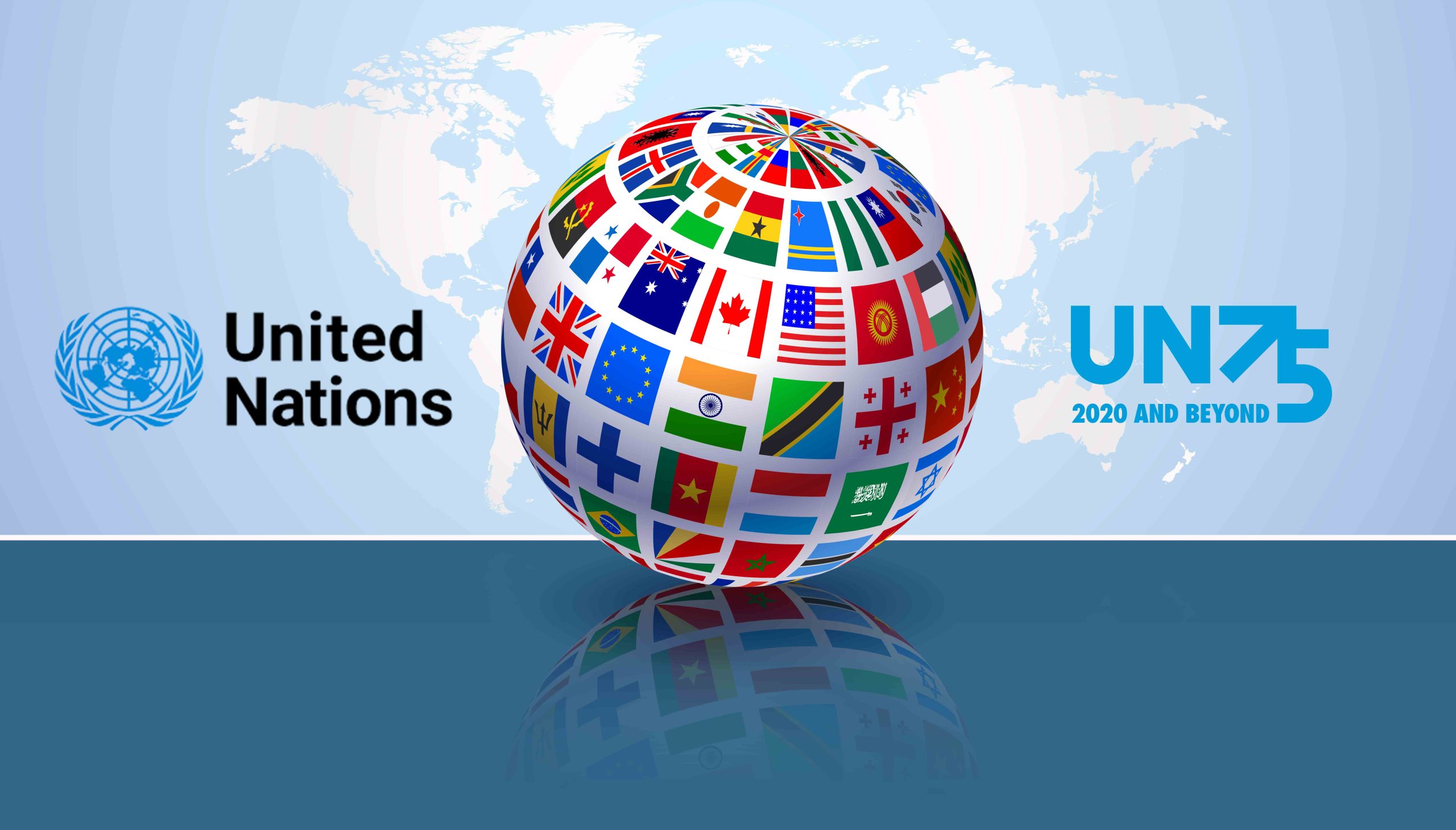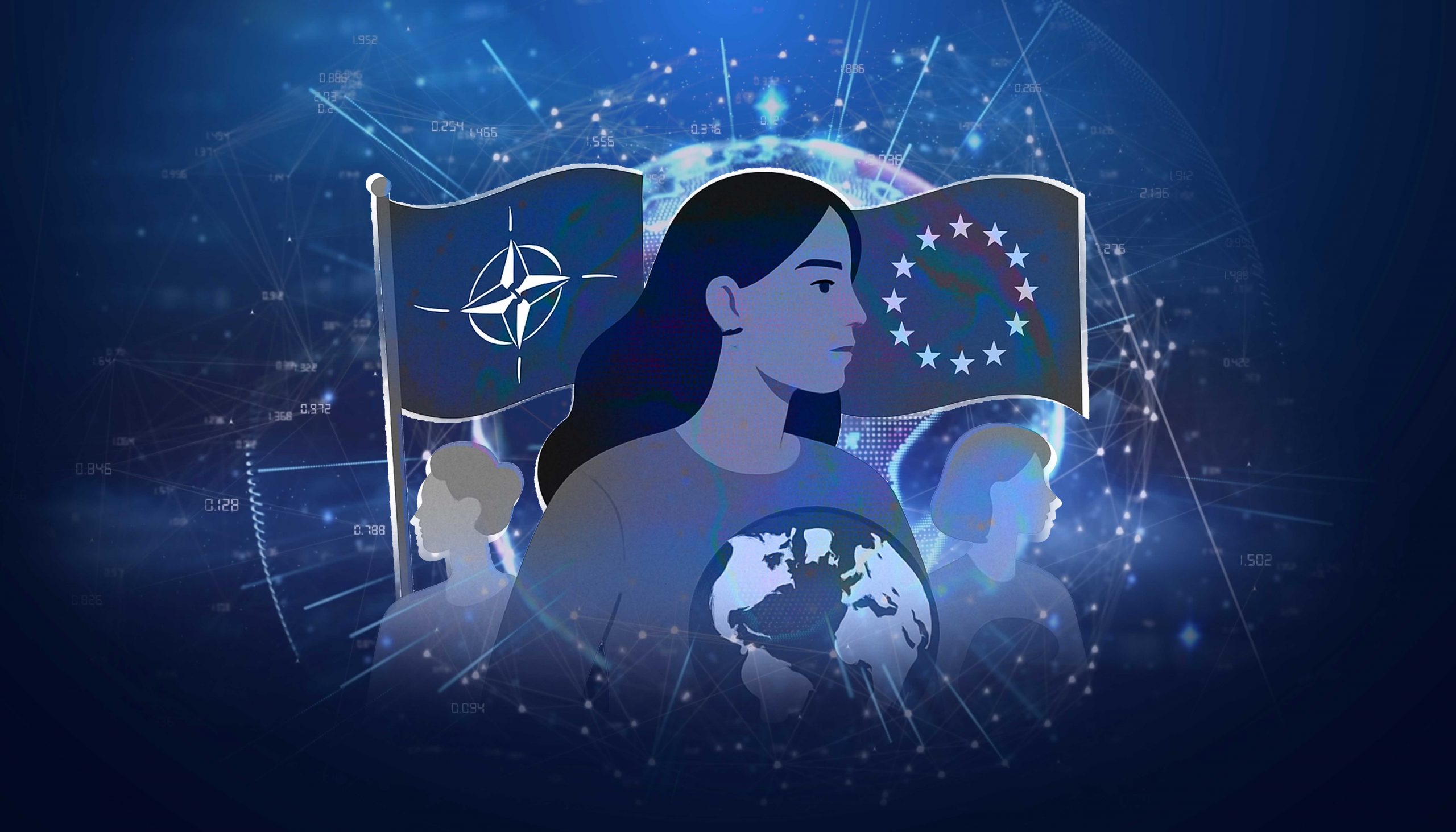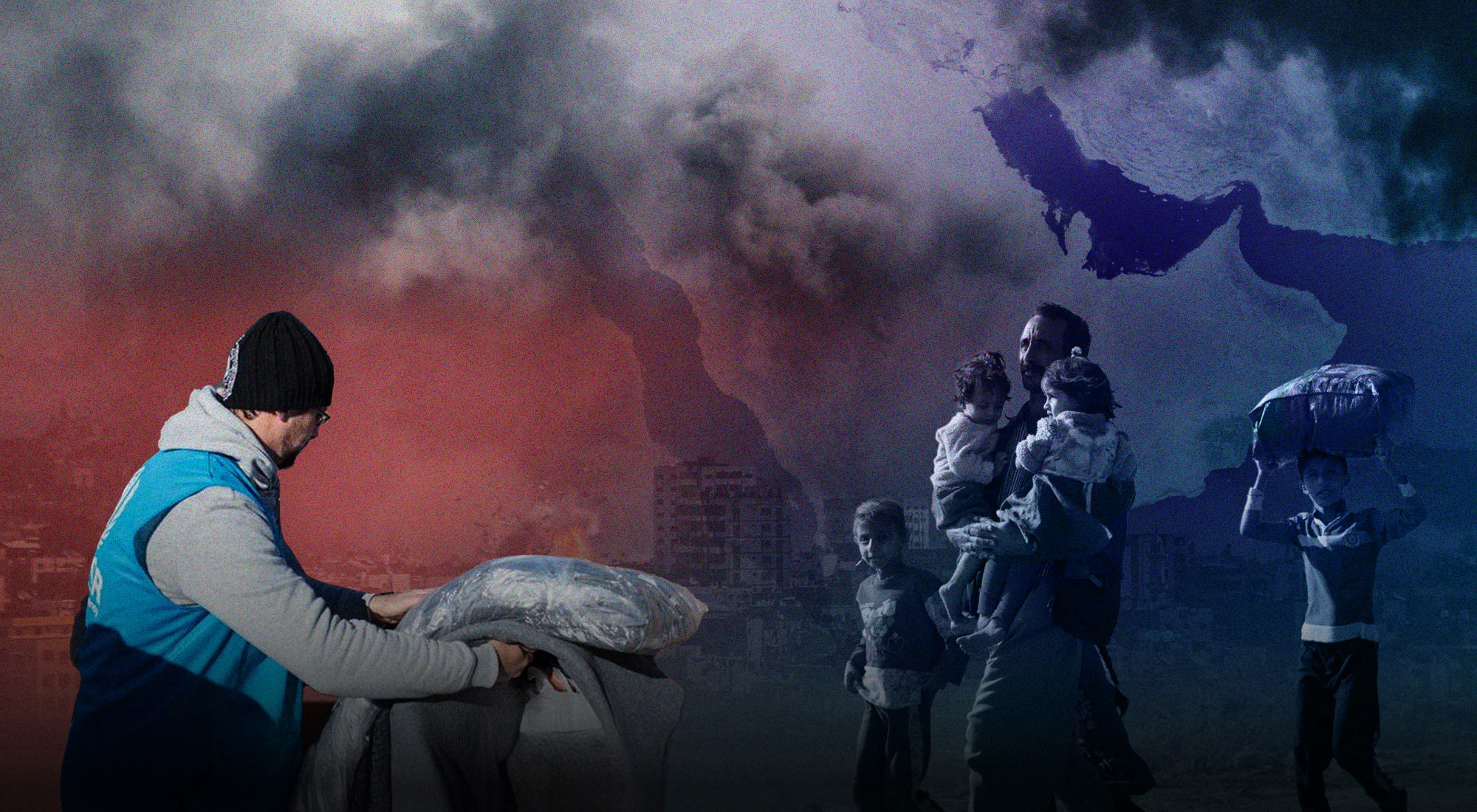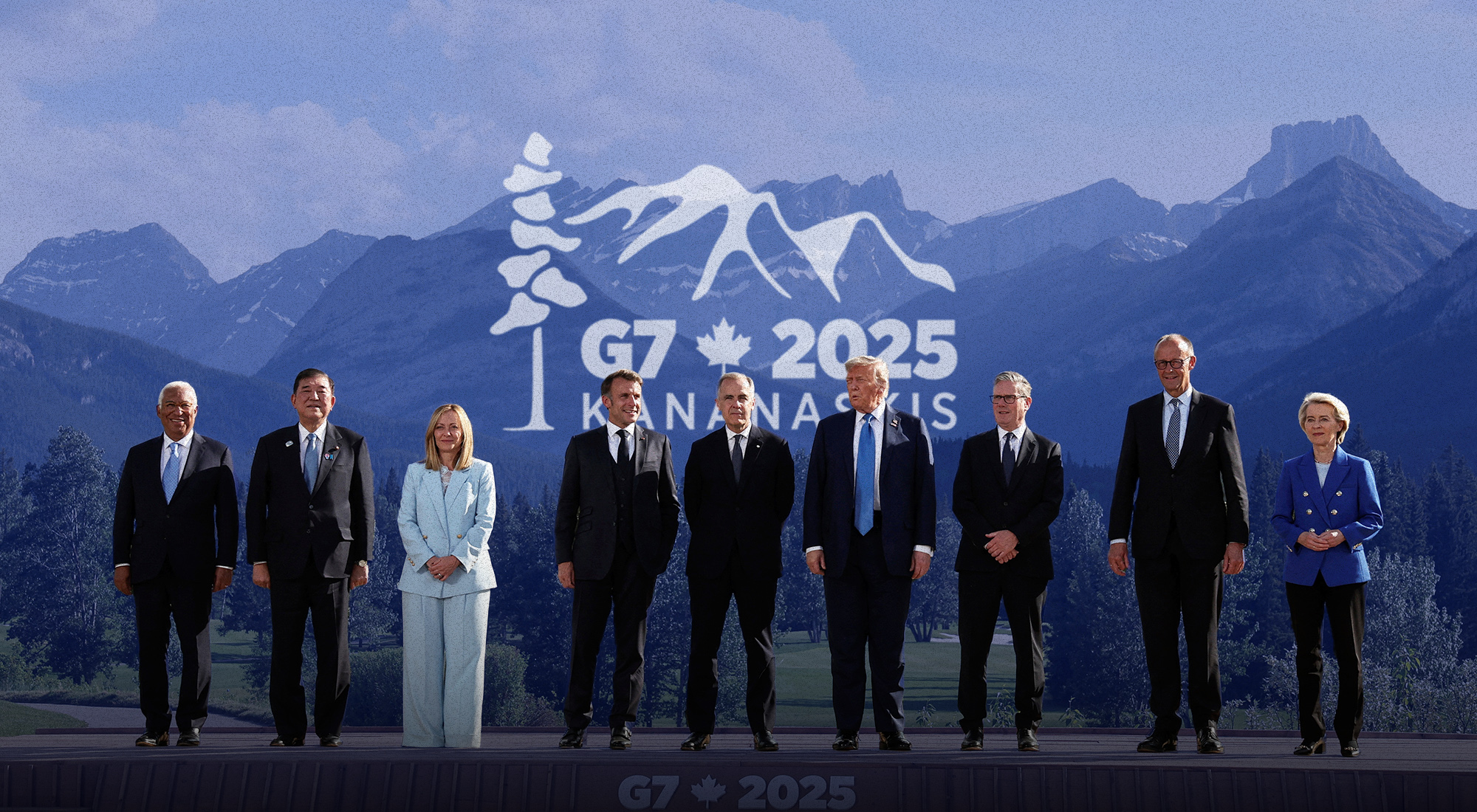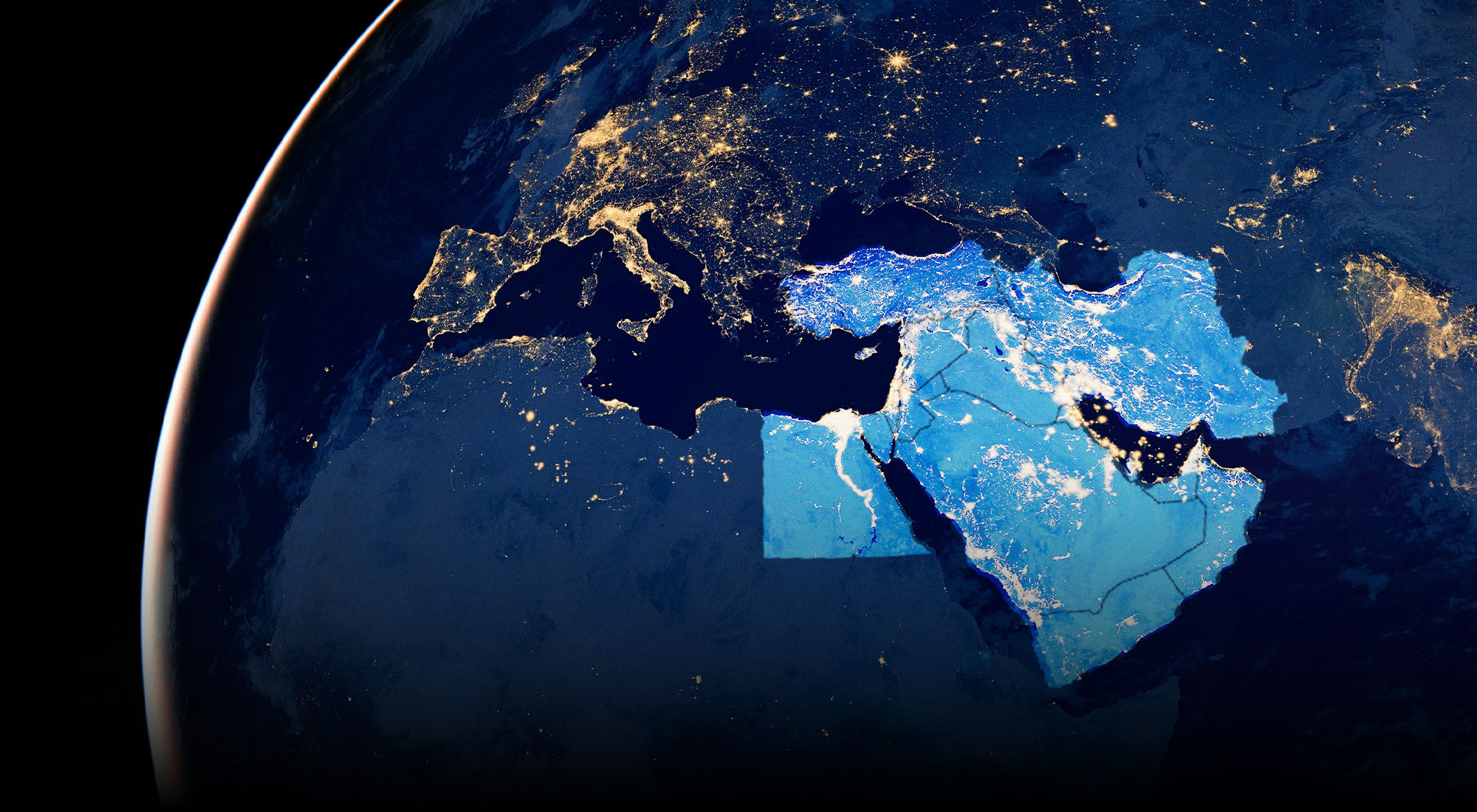Earlier this year, the United Nations (UN) celebrated the 75th anniversary of its first meeting in 1945, following its birth the year before, pledging never to allow the horrors of World War II to happen again. The United Nations’ first General Assembly, comprising 51 nations, convened for the first time at its temporary home in London and was followed a week later by the Security Council’s inauguration.
Those were the days of great optimism and faith in the international community’s ability to build a better world from the ruins and trauma inflicted by the two world wars of the first half of the 20th century. The international body’s membership has grown to 193 full members and two permanent non-member observer states as it reaches the grand old age of 75. But the question is whether it is fit for the purpose and able to fulfill its venerable articles of faith as expressed in its charter.
These doubts carry even more urgency when we consider that the anniversary comes amid one of the gravest health and economic crises the world has ever experienced. The climate change challenge is threatening humankind’s very existence, and authoritarian tendencies and xenophobia are again taking hold of many societies. Moreover, major international powers are edging toward a new cold war. On all of these issues the United Nations, and its most important organ, the Security Council, have been found wanting.
To understand the hope invested in the UN, one needs to remind oneself of the international system’s failure in the first half of the 20th century. The world needed to contain mass violence and destruction on a scale previously unknown to humanity before World Wars I and II, and also of the sheer cruelty that some human beings can be capable of, as was displayed during those dark days.
Both world wars defied the Clausewitzian maxim of “war is nothing but a continuation of politics by other means.” From the trench warfare of the Western Front to the Holocaust and the carpet bombing and flattening of entire cities, there was hardly any logical and rational connection between political objectives and the senseless killings of so many millions of people, most of them civilians.
As is reflected in its charter, the United Nations’ birth represented a time of hope, renewal, and the belief that humanity could end generations of vicious cycles of mass violence and bloodshed. It attempted to build unity around the universal values of peace and respect for human rights, and equally significantly, stimulate a significant and continuous improvement in the human condition, especially for those who have been on the margins of economic and social development for centuries.
Essential and surreal
The establishment of the UN in the immediate aftermath of World War II was both essential and surreal. Essential, to prevent not only any recurrence of the senseless killing and devastation of the past but as a consequence of the introduction of a horrendous new weapon, one more lethal than anything known before, the atomic bomb. It was also essential to prevent a potential third world war that could have wiped out humanity in its entirety.
Surreal, as it required people to show extraordinary optimism and a deep belief in the human character and its ability to change the course of history dramatically. This happened when the evidence of history pointed in the opposite direction, and shortly after, a previous attempt at an intergovernmental peace and security organization, the League of Nations, had failed spectacularly.
Despite all its shortcomings, one shouldn’t underestimate the part the UN has played in averting a nuclear apocalypse. This nascent world-governing body’s creed was based on a firm belief in equal rights for all people and all nations regardless of their relative power or status. The UN became a vehicle “to save succeeding generations from the scourge of war.”
Despite its many successes over the years, few would argue the UN has also failed to ensure peace, security, and prosperity for many worldwide. When national interests clashed with those of the universal principles laid down by the UN charter, it has been the interests of individual states, especially the powerful ones, that have prevailed. Seventy-five years after the UN first met in San Francisco, peace is far from being the norm.
The Uppsala Conflict Data Program has identified 285 distinct armed conflicts since 1946 with differing levels of intensity. Though such disputes have not claimed as many lives as those of pre-UN years nevertheless, over the last 30 years, they have cost more than 2.5 million lives. They have inflicted countless other forms of suffering, including genocide, rape as a weapon of war, horrifying injuries, torture, children forced to become soldiers, summary executions, and the destruction and looting of property, all serving to devastate entire communities and nations.
The blame for this inability to prevent or quickly resolve major conflicts such as the Korean War, the Suez Crisis, the Vietnam War, wars in the Gulf, wars between Israel and its Arab neighbors, the Balkan Wars, or the genocides in Cambodia, Rwanda, Srebrenica or Darfur, lies heavily on the shoulders of the UN as a whole, and particularly the Security Council. By bestowing the power of veto on its five permanent members, the UN has inevitably paralyzed the organization in the face of a world still dominated by nation-states and tainted its credibility when it comes to preventing major atrocities.
This inability to stop mass killing and carnage in different parts of the world or bring to justice, so many perpetrators of war crimes and crimes against humanity has drawn fair criticism. Some even question whether it is necessary, considering its high cost for what critics argue is a minimal return. There might be a grain of truth here, but it doesn’t paint the complete picture of the organization’s contribution to humanity since 1945.
Multilateralism and international law
By its sheer existence, the UN represents the idea and practice of multilateralism and the importance of international law. There has never before been an international organization that granted an equal vote (at least as is the case in the General Assembly) to almost all international actors, from the most to the least powerful. Critics say that this has turned the UN into no more than a debating society, rather than a governing body. Yet, it still provides an unprecedented stage for state and non-state actors.
For the UN to become more relevant and begin to resemble an organ of governance, it would require member states to overcome their tendency to see international affairs through their national interest’s very narrow prism. Instead, they must invest in reaching for a broad consensus that serves their interests not at the expense but in tandem with others. There was an inherent logic to the structure and powers entrusted to the UN’s different organs, predominantly the Security Council, that reflected the post-war conditions and the international balance of power at the time.
The Security Council, seen by some as a visionary project and by others as a naïve undertaking, was meant to become a kind of world Cabinet with sufficient clout to ensure peace and stability. The goal was supposed to be aided by handing disproportionate powers to the victors of World War II. Today, 75 years on, it is only too evident that this structure is anachronistic and desperately needs reform. The General Assembly is also far from being free of this partisan approach, and with its much more limited powers, it can’t translate its discussions into concrete change.
For too long, the debate over how best to reform the Security Council has failed to yield results. It was suggested that increasing the number of permanent members would better reflect the distribution of power in the current international system and introduce new members from Africa, Asia, and Latin America. It has also been proposed that the UN Secretary-General be granted sweeping powers and be selected for a single, longer-term that would make him or her less susceptible to pressure from member states, which comes with the need to be re-elected. Such reforms will not cure all the UN’s ills but would supply new impetus in the right direction.
It is unavoidable to judge the UN first and foremost by its inability to provide a satisfactory solution for the world’s crises. These crises range from the ethnic cleansing of the Rohingya Muslims in Myanmar or the Uighurs in China to civil conflict in Syria and the Security Council’s failure to adopt a Covid-19 resolution that would rally the international community around a co-operative response to the pandemic.
But, as much as it would be reassuring to think that the UN could be better than the sum of its parts, this is not the case. Moreover, there is much more to the UN than the General Assembly. In its wide range of committees, issues of global concern from gender empowerment to peaceful uses of outer space, food security, health, and atomic energy are discussed, and policies receive broad support among member states.
The organization’s agencies, programs, and funds – such as UNDP, UNEP, UNESCO, UN Women, and UNICEF – promote peace, security, and human rights through global programs that reduce inequalities, enhance women’s empowerment, act as a voice for the environment, protect children’s rights, improve education, and protect historical and cultural rights. In an ocean of criticism, it is worth reminding ourselves of these achievements.
Decolonization and peacekeeping
The UN might not have succeeded in preventing wars and becoming the final arbiter in conflict resolutions, it has made a major contribution to peacekeeping operations worldwide. It should not be forgotten that when the UN was established, many parts of the world were still under colonial rule. The nascent organization actively supported the process of decolonization in the aftermath of World War II.
Furthermore, the UN was central to promoting free trade and was a pioneer in advancing the cause of human rights through the 1948 Universal Declaration of Human Rights. It led to a series of treaties that radically changed the discourse and framework of the individual’s rights in the face of the state’s overwhelming powers.
For the last few decades, the UN has been the driving force in changing the conventional approach to development, turning it into a more inclusive and multidimensional issue. This has manifested itself in the UN’s Human Development Index (HDI), its Millennium Development Goals, and subsequent Sustainable Development Goals. All of them have been highly ambitious aims, many accomplished through bringing the international community together by incorporating them into member states’ agendas, thus bringing about progress in economic and social development for many millions.
Amid a devastating pandemic, it is becoming even more apparent that we would have all benefited from an efficient world governing body with the necessary resources, powers, and firm leadership to deal with the coronavirus. A relevant and effective United Nations should be at the heart of the issues of concern to the world’s citizens. Unfortunately, amid the Covid-19 challenge, the UN system has failed to play an adequate part.
Challenges such as the increasing threat of climate change, the opportunities and disruptive effects of new technologies, record numbers of refugees and displaced people, and devastating outbreaks of intrastate and interstate violence are all cases in point. In all of these issues, as with its continuing to champion the Sustainable Development Goals and make them a reality, the United Nations must regain the same degree of conviction that stimulated the visionaries who first created it.
However, such a transformation will remain wishful thinking until the dark shadows of unilateralism and nationalist populism, which have engulfed the international community and continue to threaten some of the progress made in the 75 years, have been dispelled.
Back in 1954, the UN Secretary-General Dag Hammarskjöld declared in a speech that “the UN was not created to take mankind to heaven, but to save humanity from hell.” In the 21st century, the need to avoid cataclysm is as pressing as it was at the height of the Cold War. But with it has also come a growing conviction that, if not able to create heaven on earth, the UN can still make a massive contribution to progress in all aspects of human life and well-being.



